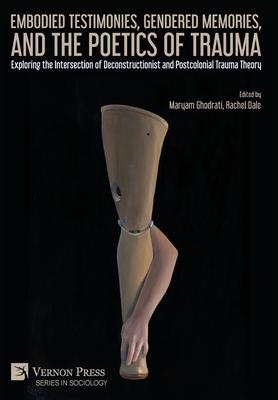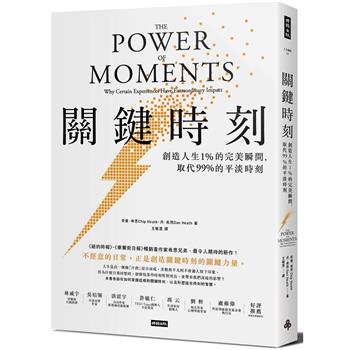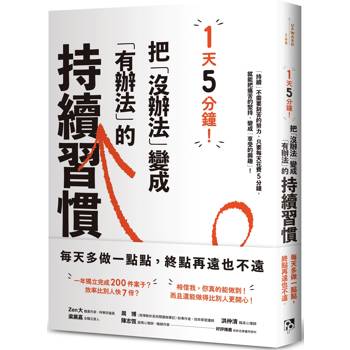"Embodied Testimonies, Gendered Memories, and the Poetics of Trauma" is a collection of academic essays that uses mainstream and postcolonial trauma theory in the analysis of literary and artistic representations of traumatic history. This collection prioritizes historical and personal accounts from the perspectives of Iranian, Arab, Jewish, and Black women to highlight the ways in which gender, race, and religion shape experiences of trauma. By drawing attention to individual experiences of suffering - both visible and invisible - the authors reconsider the basis for collective and socio-political engagement. The book re-examines established postcolonial trauma theory, which can occasionally overemphasize the collectivity of traumatic experience and subsume individual stories under ideological nationalism. Each chapter in this collection explores methods of balancing the pain of the individual and the community through analyses of art, literature, and film. Together, these chapters demonstrate the importance of embracing a dynamic and diverse approach to the representation of trauma that makes marginalized survivors visible while also recognizing the complexities of gendered and racialized experiences of trauma.











